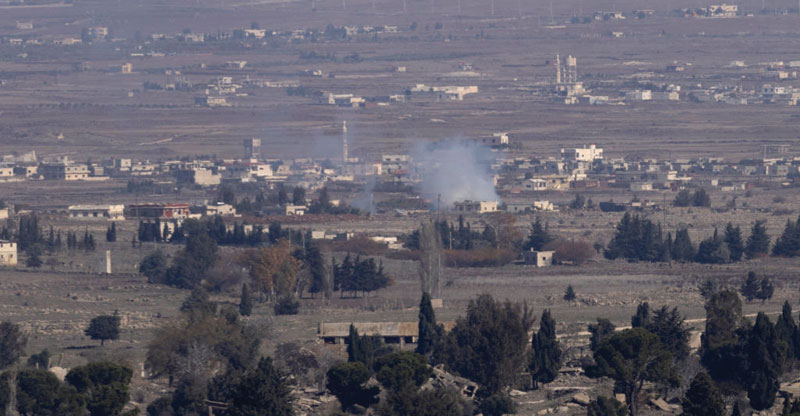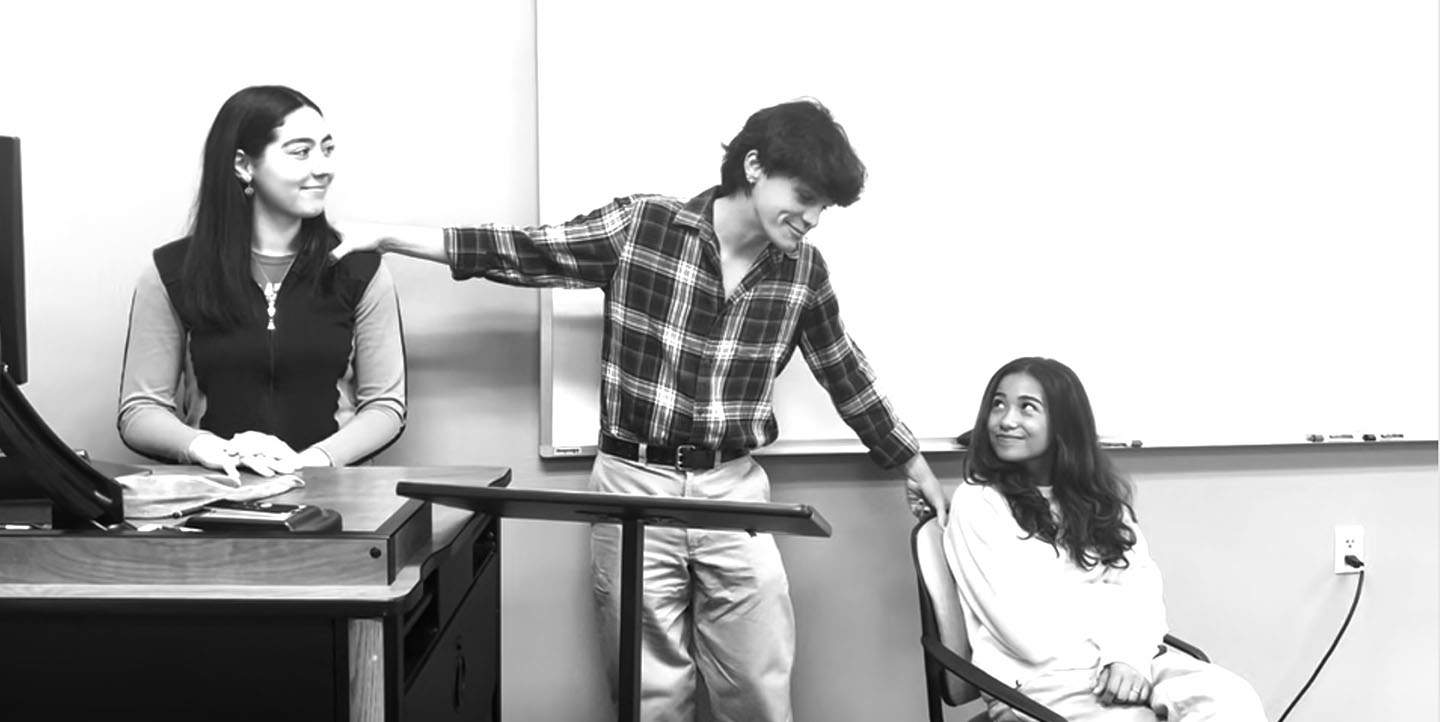Much-anticipated parts of the National Jewish Population Survey (NJPS) will not be released as expected next week because some of the data has been lost.
The United Jewish Communities (UJC), which is funding the $6 million study, is canceling all events pertaining to the 2000-01 NJPS at the Philadelphia gathering of its General Assembly, which begins next Wednesday.
And the UJC, the umbrella of the North American federation system, is launching an independent investigation into the lost data, JTA has learned.
“It is true we are delaying the release of the study,” Stephen Hoffman, UJC’s president and chief executive officer, said on Wednesday. “The reason is there have been some questions raised that I don’t believe we have adequate time to get answers to.”
The revelations could cast doubt on the entire NJPS, the most extensive and costliest demographic study ever conducted of the American Jewish community. The lost data apparently concerned methodological details about who was surveyed, rather than their responses to survey questions.
“Some people with serious reputations believe the study is sound and it could have gone forward and will stand up to the test of time,” Hoffman said. “That could be the case — but I didn’t feel comfortable with these questions to go forward [with releasing further NJPS data next week as planned].”
Last month, the UJC released initial findings from the NJPS, showing the American Jewish population declined 5 percent to 5.2 million since the last study in 1990, and that birth rates were dropping and the community was aging.
Hoffman said that had he known of the missing data before the release of that information, he would not have approved the release of those initial conclusions.
“There may be aspects of it [that are inaccurate],” he said, referring to the initial data released. “I don’t know.”
Hoffman said he only learned of the missing data Tuesday, one week before the information from the NJPS about Jewish identity and intermarriage was due to get released at the annual UJC gathering, which brings together much of the organized American Jewish world.
“I feel it would be irresponsible to go ahead and release the study while these questions are still unresolved,” Hoffman said.
“There will be some people who will be disappointed,” Hoffman said of the implications for the General Assembly. “I’m personally disappointed.”
But there “are other things in Jewish life,” he said that delegates will focus on.
At the heart of the mystery was that Hoffman only learned Tuesday that the firm conducting research for the NJPS, Roper Audits & Surveys Worldwide, lost some data for the study two years ago during initial telephone calls.
Meanwhile, “other issues like that have been coming up in recent days,” he added, though he declined to elaborate.
One source familiar with the NJPS said the missing data concerned lists of those people telephoned for the survey, their phone numbers and how often they were called.
Two-thirds of that data was lost, according to the source.
But the source maintained that while this information was important in determining the accuracy of the survey’s methodology, he did not think that it would undermine the ultimate conclusions, specifically those relating to Jews and Jewish identity.
“I don’t know how much has been lost,” Hoffman said. “The issue is 29 hours old. All I’ve had time to do is make the decision to not have the data be released.”
However, Hoffman said that Jim Schwartz, UJC’s director of research for NJPS, “was aware” of the missing data at some earlier point, though Hoffman said he hadn’t spoken directly with Schwartz yet about the matter. There were no plans affecting Schwartz’s position at this point, he added.
“It would be unfair to jump to conclusions about anybody’s particular role,” he said. “I’m not casting any aspersions at the moment.”
Schwartz could not be reached Wednesday for comment, despite several attempts.
After the General Assembly, the UJC will secure “an outsider” who is “totally objective” to launch an investigation into the missing information. The investigative team might include UJC staffers as well, Hoffman said. Such a probe would presumably attempt to learn exactly what information is missing, how it got lost, how significant it is, who knew about the missing information and why they did not inform senior UJC officials.
“I want to know if there are any other issues they haven’t told me about, either from staff or the technical team” or Roper researchers, Hoffman said.
June Wallach, a spokeswoman for Roper, said the company would have no comment at this time.
Hoffman said he had no idea whether the UJC would take action against Roper, which apparently lost the information from its computer system.
Several lead members of the National Technical Advisory Committee of demographers and social scientists that consulted with UJC’s staffers working on the NJPS said they were participating in a conference call Wednesday about the survey, though they declined to comment further.
Hoffman said he did not know if the co-chairs of the advisory panel, Vivian Klaff of the University of Delaware and Frank Mott of Ohio State University, knew about the missing data. Reached Wednesday, Klaff would only say he would be joining the conference call on the NJPS. Mott did not return calls.
Egon Mayer, director of the North American Jewish Data Bank at the Graduate Center of the City University of New York, said he had heard about the delay this week though he didn’t know the reasons for it.
“I think some very important conclusions were reached by the UJC management that led them to this decision, which I’m sure they reached very reluctantly,” he said.
Stephen Bayme, national director of contemporary Jewish life for the American Jewish Committee, said he had heard of the delay but preferred waiting until the UJC got to the bottom of the issue.
“I’d rather not have the data than have data that is mistaken,” Bayme said.





















 More news and opinions than at a Shabbat dinner, right in your inbox.
More news and opinions than at a Shabbat dinner, right in your inbox.